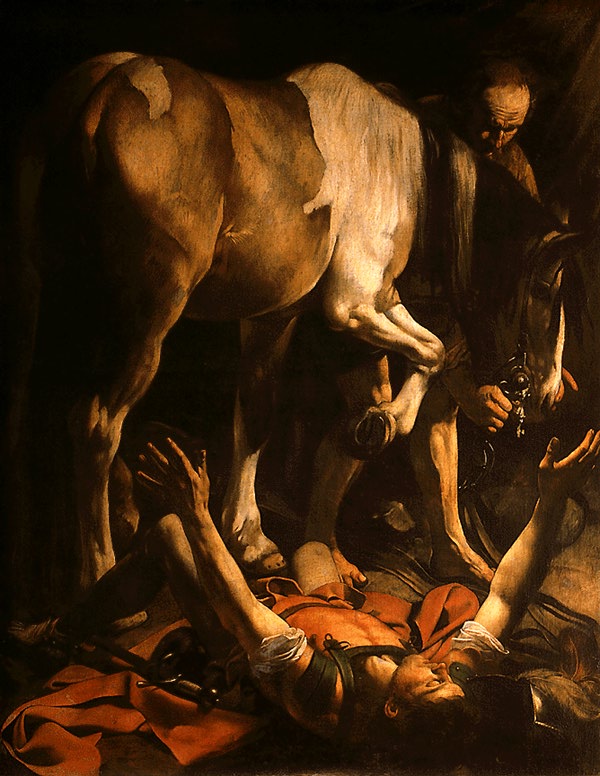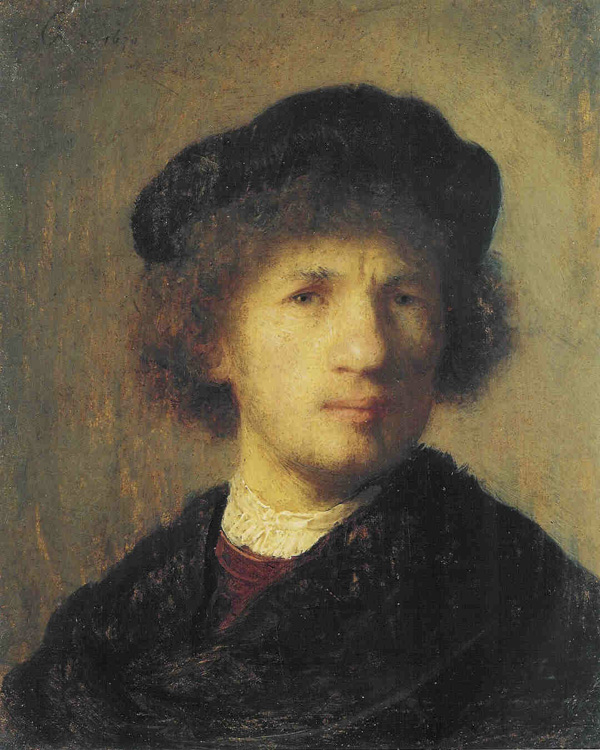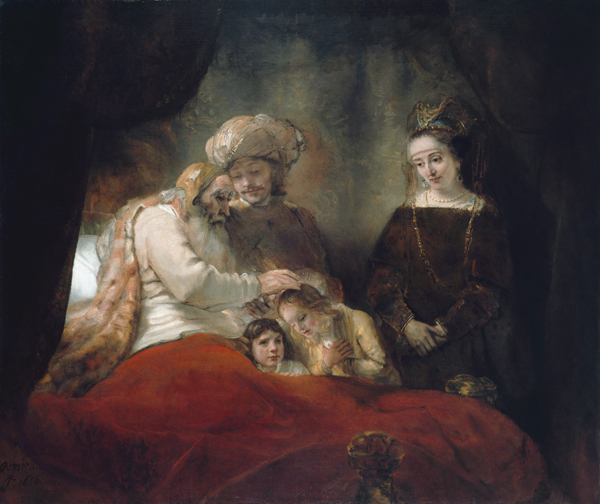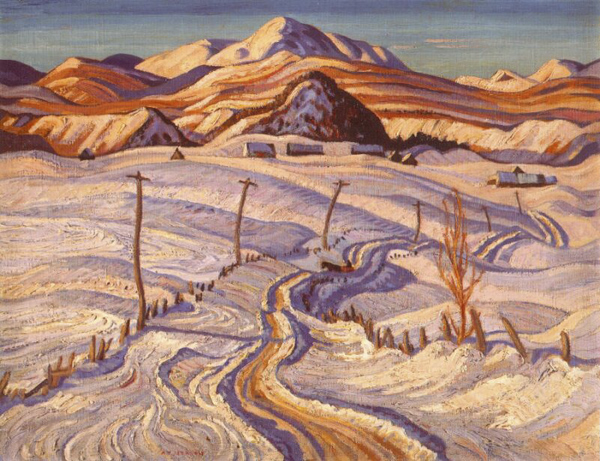Photography podcast #135 discusses how going to museums to study painters and paintings can improve your photography. After all, both painting and photography are 2D media trying to represent a 3D world. When photographers study the compositional and lighting techniques used by painting masters, their own photographs often improve.
Feel free to add to the conversation by leaving a comment or sharing/liking this post in some way.
Click the player at the end of this post to listen to (or download) this 15 minute podcast.

Caravaggio — The Conversion on the way to Damascus — 1601
Look how the scene and the subjects’ faces are lit, look at the gestures of the subjects and the overall composition. Photographers can learn a lot from the master painters that lived long ago.
When it comes to lighting portraits in photography, painters have been thinking about the lighting for their own subjects many hundreds of years before photography was invented. Photographers can learn so much about lighting by studying the great portrait painters.

Rembrandt — Self-Portrait — 1630 — Rembrandt is well known for his portrait lighting style. The triangle of light on the darker side of the face is one of Rembrandt’s signatures. Photographers love this lighting technique and it has become a basic portrait lighting style in photography.

Rembrandt — Jacob Blessing the Children of Joseph 1656 — Lovely lighting, great gestures and interesting compositions work well in photography as well as in painting.
When it comes to photographing mountains and other landscapes, photographers often zoom right into them as their first instinct and of course that’s a good thing to do for a shot or two, but then what? By studying the compositional techniques of landscape painters, we see that they often include lots of elements that compliment the main focal point in their images.

A.Y. Jackson — Winter Charlevoix County — 1932–33 - We can see that this painting has a mountain in the background. But it’s the way that Jackson ties in the foreground and midground with their visually interesting elements that help make this landscape painting interesting.
Links /resources mentioned in this podcast:
Outline of painting history
Caravaggio
Rembrandt
A. Y. Jackson
Group of Seven (artists)
If you liked this podcast and want to review it on Itunes, this link gets you to the main page
Please join the Photography.ca fan page on Facebook
My Facebook profile — Feel free to “friend” me — please just mention Photography.ca
My Twitter page — I will follow you if you follow me — Let’s connect — PLEASE email me and tell me who you are in case I don’t reciprocate because I think you are a spammer.
If you are still lurking on our forum,
feel free to join our friendly ![]() Photography forum
Photography forum
Although ALL comments are appreciated, commenting directly in this blog is preferred. Thanks for all the support emails and welcome to all the new members of the photography.ca forum!
If you are looking at this material on any other site except Photography.ca — Please hop on over to the Photography.ca blog and podcast and get this and other photography info directly from the source. |Subscribe with iTunes|Subscribe via RSS feed |Subscribe for free to the Photography podcast — Photography.ca and get all the posts/podcasts by Email
You can download this photography podcast directly by clicking the preceding link or listen to it almost immediately with the embedded player.
Thanks for listening and keep on shooting!
Podcast: Play in new window | Download



http://www.nytimes.com/interactive/2015/07/24/arts/design/24durand-highlights.html Last week we saw the movie called the Impressionists. Wish we could go to Philly to see this show.
Oh that sounds like a great exhibit! And the film looks super-interesting as well. I’ll keep an eye out for a screening in Mtl.. Here’s the IMDB link for the film in case people are interested. http://www.imdb.com/title/tt4388248/?ref_=fn_al_tt_3 Thx Lorin!
I just listened to this podcast today and believe that is is VERY ‘True’.
I thought I’d add that if folks want to dig into ‘pictorial’ composition a little more there is a great free book by Henry Rankin Poore… guess what the title is. Amazon has a copy but what they provide has no pictures. Manybooks.net does not have the book
Amazon has a copy but what they provide has no pictures. Manybooks.net does not have the book
Project Gutenburg does have the book with pictures that are a touch fuzzy, but adequate… this link will get you there. https://www.gutenberg.org/ebooks/26638
Of course, this is about ‘pictorial’ composition. It has taken me quite a while to realize that photography is about much more that simply ‘pictorial’… with that said, ‘pictorial’ is pretty much where my heart is.
Thanks for your great podcasts.
Thanks for the comment and for sharing the link Dave — Will check it out!
Oh, I love this Caravaggio painting, all of them in fact. A teacher in Design talked about the “ripple effect’ learning someting in one subject that can be applied to another area in our life I have learned , to some point, about leading lines, perspective, lighting, from paintings that I can use in photography, and if I were to paint again, may have a better composition and understanding of light.
Appreciate the comment Jane and I totally agree w/the ripple effect!